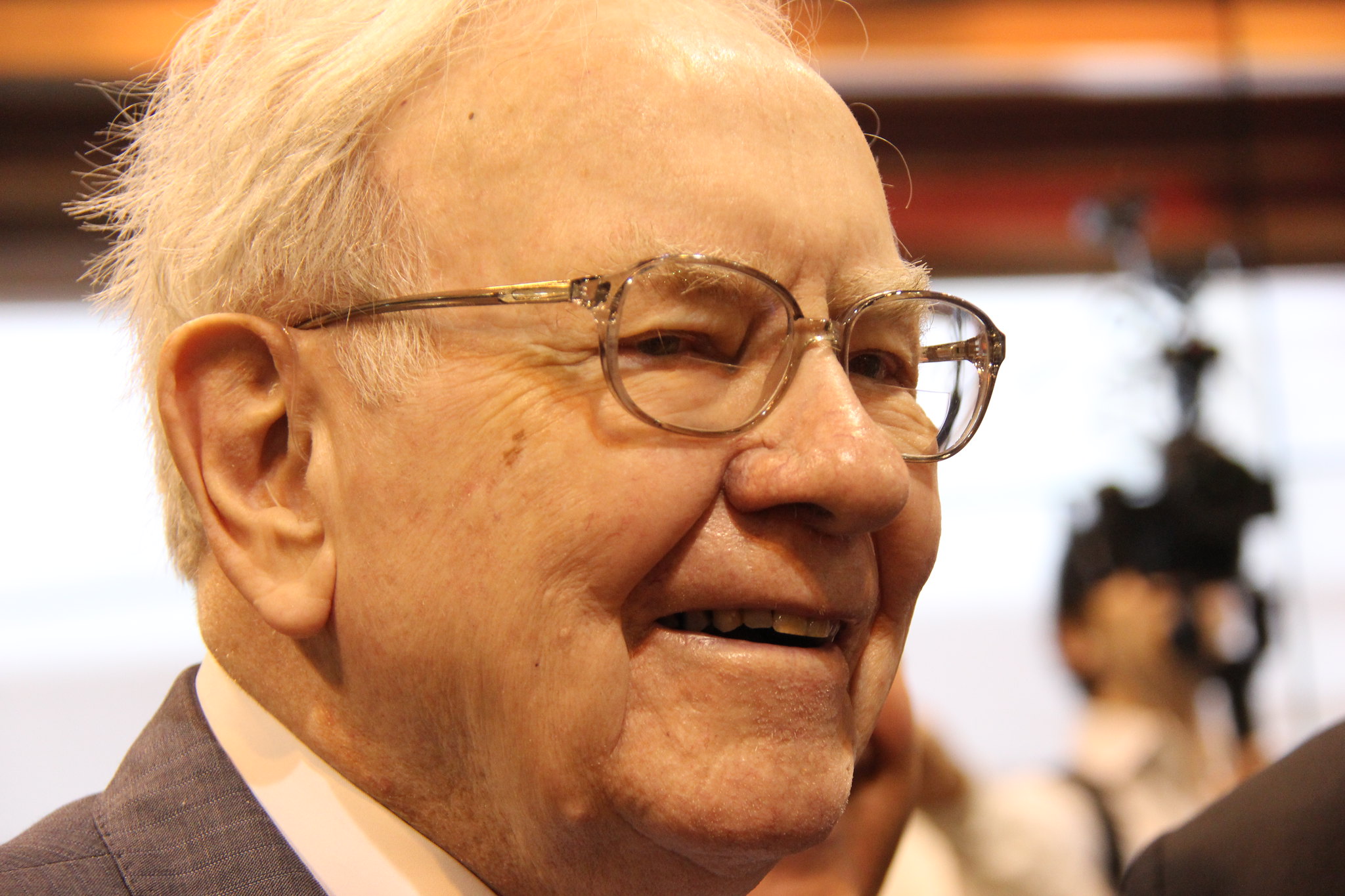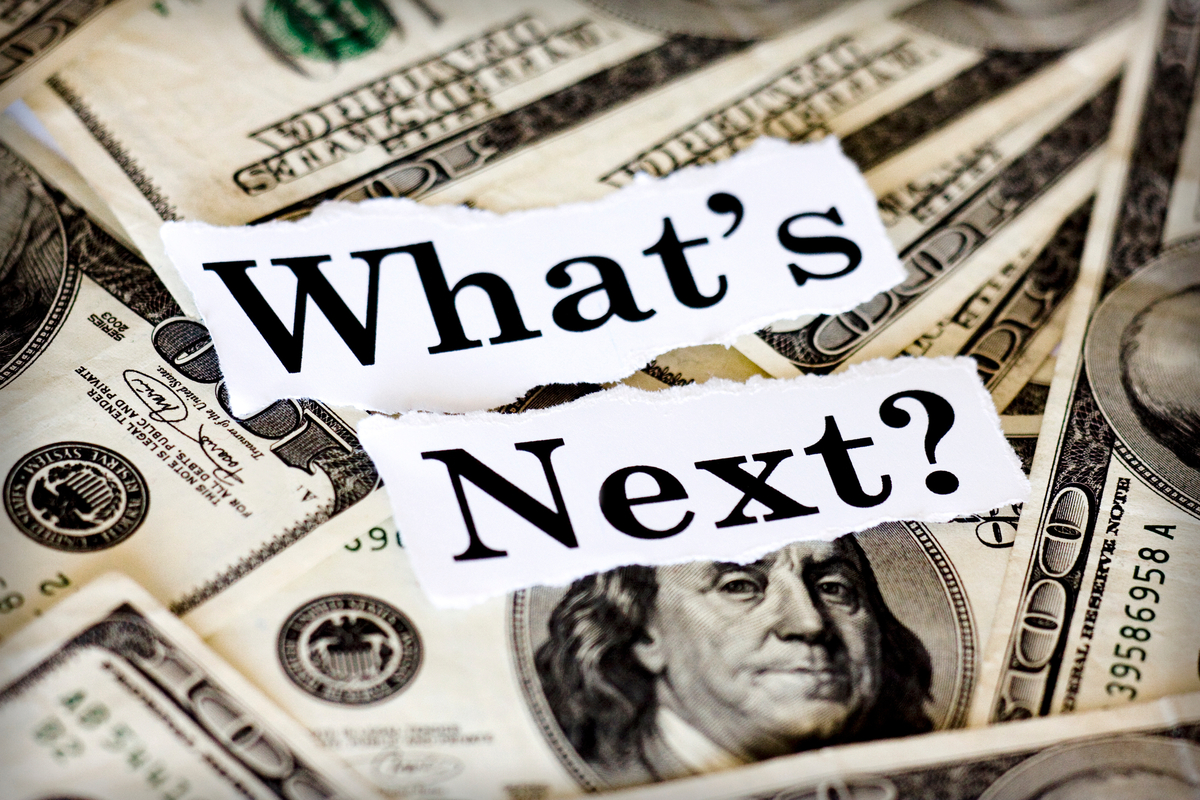If you spend any time around Wall Street, from just reading market news to actually working in finance, you know the names Warren Buffett and Berkshire Hathaway (BRK.A 0.96%) (BRK.B 0.98%), which is the company he runs.
Despite the stock’s incredible track record, however, there are reasons it may not be the smartest investment you can make. But there are also reasons it could be a great choice. Here’s what you need to know.
Why you should avoid Berkshire Hathaway
The first big reason that an investor might not want to buy Berkshire Hathaway is that it doesn’t pay a dividend. And it doesn’t appear likely that it will anytime soon. So, if your goal is to generate income from your portfolio to pay for living expenses in retirement, you will not want to buy Berkshire Hathaway stock.
Image source: The Motley Fool.
The second reason to avoid Berkshire Hathaway is its complexity. The large insurance operations within the company’s portfolio of businesses typically lead it to fall into the finance sector. But the truth is, it is a widely diversified conglomerate. It owns over 180 companies outright and has a portfolio of publicly traded stocks, too. It has exposure to industries as varied as retail, railroads, and manufacturing and a whole lot more in between. If you like to keep your investments simple, this will not be the best option for you.
In that vein, Berkshire Hathaway is kind of like a mutual fund, given that you are, effectively, allowing Warren Buffett and his team to invest on your behalf. To be fair, the company’s stock has vastly outperformed the S&P 500 index over time. So, trusting Buffett has worked out very well for investors. But if you like to directly handle all your investment decisions, owning Berkshire Hathaway probably won’t be a great call.
Letting the Oracle of Omaha do it for you
That said, as the chart above highlights, owning Berkshire Hathaway stock has been a big win for investors over time. So, trusting Warren Buffett and his long-term investment approach has worked out well. From a simplistic level, all he’s doing is buying well-run companies when they appear attractively valued and then holding for the long term to benefit from the companies’ growth over time. Only, if it were really that simple, every investor would have an incredible performance record. And that’s just not the case.
Investors who are willing to let an expert handle their hard-earned savings could do much worse than buying Berkshire Hathaway. That said, while the S&P 500 index has been heading higher lately, Berkshire Hathaway stock has been falling. At least part of the reason is that Buffett has announced his intention to step down as CEO. Long-term employee Greg Abel is replacing him at the end of 2025.
This change must be carefully thought through because a new CEO can lead to significant shifts in the way a business is operated. But that’s unlikely to happen at Berkshire Hathaway. First off, Buffett is stepping down as CEO, but he will remain chairman of the board, which means he will remain Greg Abel’s boss. It is unlikely that Buffett will allow Abel to fail miserably without stepping in to help.
And then there’s the not-so-subtle fact that Abel was, effectively, trained by Buffett. Just like Buffett was trained by famed value investor Benjamin Graham. Charlie Munger, Buffett’s former partner, provided some educational input, too. Abel has a very impressive educational background as an investor. While he will most certainly do things differently, it seems likely that he won’t abandon Buffett’s basic approach to chart an entirely new course.
Berkshire is a smart pick for the right investor
Berkshire Hathaway won’t be the smartest investment choice for all investors, despite its strong historical stock performance. But if you don’t mind entrusting someone else to handle your savings and believe that Abel will carry on the Buffett approach, it could still be a very attractive investment choice for your portfolio.
The one remaining caveat is that Berkshire Hathaway is so large today that future growth may be less impressive than past growth. But with over $345 billion in cash on the balance sheet, a bear market could present a huge investment opportunity that gives Abel the option to boost growth beyond what seems probable with the market trading near all-time highs today.



